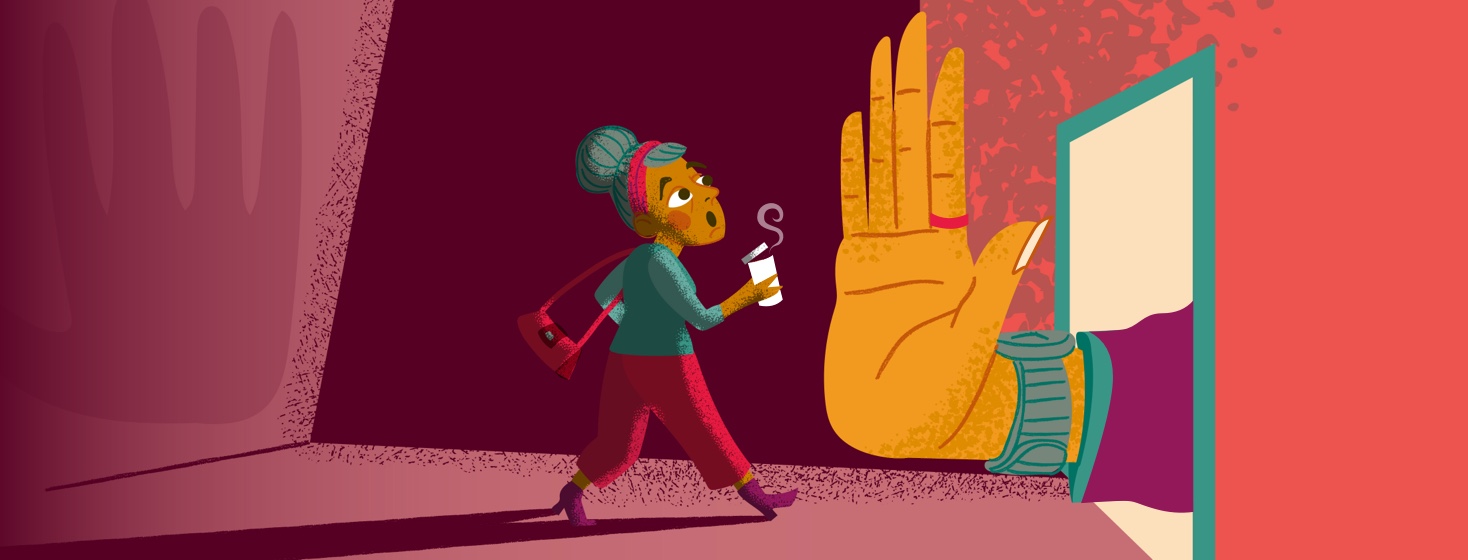Cutting Out the Noise to Focus on You and Your New Baby
Motherhood has changed me in ways I couldn't have imagined. Before my baby arrived, I was the person people relied on to solve their problems. It didn't matter if it was a friend, family member, or even a stranger – if someone had an issue, I was their personal therapist.
New baby, new boundaries
Before becoming a mom, I felt like I had a bright sign on my head saying, "Dump Your Problems Here!" I never set boundaries. I always said yes. I always made time to listen, advise, and empathize.
But something about becoming a mom lit a fire that nothing else ever has. Suddenly, I realized I no longer had space for other people's stuff. I now have a child to be present for, and all of this is tearing apart my mental health. This is what saved me – being selfish enough to heal.
Identifying the noise
The noise can come from anywhere. In my case, it was unwanted suggestions given by caring kinfolk, the never-ending demands of online communication, and friends who would always involve me in their issues. This outside interference is all-consuming, particularly when grappling with the hardships of becoming a mother for the first time.
External pressure plus postpartum depression
Postpartum depression (PPD) can be made worse by continuing external pressures. And a lack of support and being overwhelmed by stressors only made my PPD symptoms worse. The world around us is essential to our mental health and overall well-being.
Strategies for boundary setting
Here's what worked for me:
- Enforce your boundaries: Saying "no" is a skill. You are allowed to prioritize yourself and your baby above others, even if it means not always acting as their personal therapist.
- Create a safe space: Establish an environment in your residence where you concentrate solely on bonding with your newborn. Restrict visits from friends or family members who might have good intentions but end up intruding.
- Make self-care a priority: Set aside some alone time for yourself now and then, whether it involves taking long baths, strolling through parks among nature, or sitting quietly somewhere. Remember, if mommy isn't happy, nobody is.
- Reach out for professional help: My life changed after I started going for therapy sessions. They made me realize how important it was to cut off all the noise and focus on healing myself instead. So don't hesitate to contact any mental health expert when things get tough.
Examples of bonding with your newborn
It's important that you can still focus on creating a bond with your baby even if you have postpartum depression. These are some of the tips that helped me:
- Skin-to-skin contact: This can be highly comforting to the mother and child, thus strengthening the relationship.
- Talk to them: It might seem ridiculous, but talking to my baby comforted them and nurtured closeness between us.
- Establish a soothing routine: Some consistency in how things are done may bring about calmness in yourself and them.
Taking care of you and your newborn
Your mental health is crucial, not only for you but also for your newborn. Ignoring all distractions and centering on caring for yourself and the baby could do wonders.
Remember, it's alright to concentrate on your recovery process: seek help, set limits, and prioritize self-care without feeling guilty. In doing that, you will not only be helping yourself but also creating an environment where your baby can thrive best.
